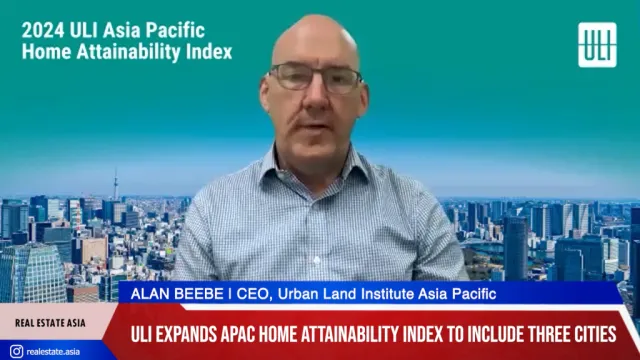
How APAC property companies are affected by rising social risks post-pandemic
The shift to online shopping will reduce demand for retail space, a credit negative as per Moody’s.
Moody’s Investors Service says in a new report that the coronavirus pandemic is accelerating changes in consumer and worker preferences, with widespread implications for property companies in the region.
“Before the pandemic, social risks such as health and safety were low for property companies,” says Stephanie Lau, a Moody’s Vice President and Senior Analyst. “The pandemic has brought these risks to the fore as employers and retailers adjust their physical spaces, processes and IT in response to changing behaviors and expectations, which means that property companies must also adjust.”
As the shift to online shopping accelerates, retail space consolidation will reduce property companies’ revenue and cash-flow predictability, as well as increase their operating costs as they invest in IT to retain retail tenants and consumer foot traffic in their shopping malls. For instance, malls in Hong Kong SAR and other Asia Pacific cities have already launched mobile apps to expand their customer loyalty programs.
Although the pandemic has raised the proportion of online shopping in certain Asian markets, in-person shopping will not disappear completely. For example, over 70% of surveyed consumers from Singapore and Hong Kong still value in-store shopping, well above the global average of 55%, according to a report by Adyen Singapore and the Centre of Economic and Business Research.
As with retail, flexible work arrangements will likely reduce office rents and shorten lease durations as companies seek greater flexibility and adjust long-tenure leases. But population density, along with work cultures and IT infrastructure will affect the pace and degree to which employers and office property companies in Asia Pacific adapt to changing office needs.
Subscribers can access the report “Real Estate – Asia Pacific: Pandemic accelerates changes in consumer and worker preferences, raising social risks” here.



















 Advertise
Advertise






